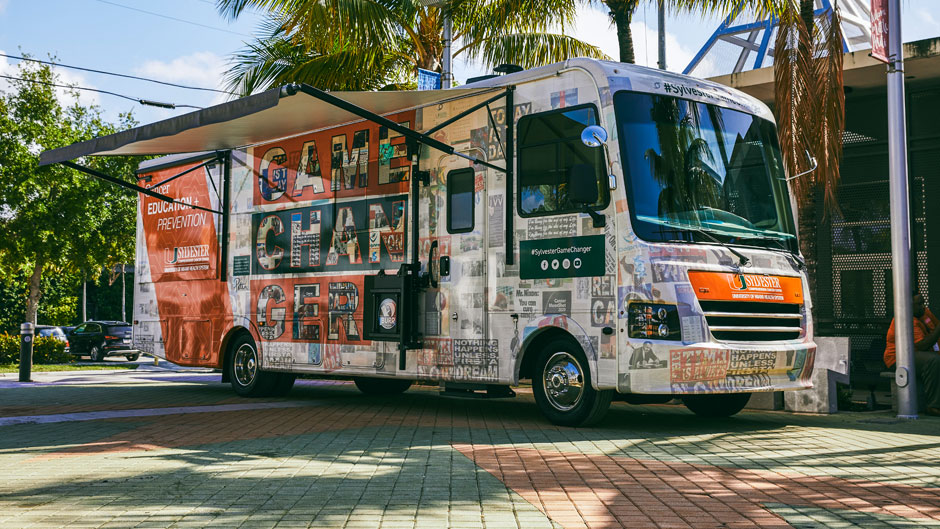Starting Thursday, students, faculty, and staff may get a call to voluntarily participate in random testing. This is another tool deployed by the University of Miami to monitor and help slow the spread of the coronavirus within the University community.
According to the Centers for Disease Control and Prevention, about 40 percent of infections are asymptomatic, which leads people to spread the virus without knowing it. The University’s efforts in actively tracking these cases will provide data that helps illustrate individual incidences of COVID-19, trends in the number of positive cases, and other indicators that can signal possible community spread on the University’s three campuses.
“The random surveillance will allow us to determine the proportion of asymptomatic individuals who are positive. This gives us a better appreciation of the actual prevalence of infection across the University,” said Erin Kobetz, vice provost for research, who together with a University-wide team of more than 100 individuals, is spearheading the surveillance testing strategy initiative. “It will also allow us to use that information to proactively reduce further transmission.”
Those who are contacted to participate will receive a text message and an email with information on how to schedule an appointment and other instructions. Testing will take place in tented outdoor sites across the Coral Gables, Medical, and Marine campuses. Volunteers will be guided on how to collect a specimen from their own nose, which then will be tested for the presence of the novel coronavirus.
President Julio Frenk, a global public health expert, supports the integration of random testing into the University’s overall COVID-19 response. “On a purely epidemiological level, randomized testing is an essential tool,” he said.
But most importantly, Frenk urges everyone who is contacted to participate in order to help their fellow ’Canes. “We are a truly interdependent community. And at a humanitarian level, we are helping to take better care of one another in a very real and impactful way.”
Once the operation is fully running, approximately 700 students will be tested weekly and about 300 faculty, staff, and vendors will be tested monthly. Those who test positive for COVID-19 will be notified and asked to participate in contact tracing to identify their close contacts who may be at risk of infection based on exposure. Both the positive individual and their close contacts will need to either self-isolate or quarantine.
“This information is really important because if somebody is asymptomatic and infected, they run the risk of infecting many others because they have no inclination that they're unwell,” explained Kobetz.
The data collected from the COVID-19 testing will be included in the University’s COVID-19 Dashboard in real time along with more information about important indicators regarding coronavirus at the University. The dashboard can be viewed at coronavirus.miami.edu/dashboard.
Frenk noted that the initiative was made possible with the support from diverse areas of the institution, including the UHealth MyCare Connection team; Student Health Service; UHealth Information Technology; Sylvester Comprehensive Cancer Center Office of Outreach and Engagement; Facilities, Parking, and Transportation; Environmental Health Services; School of Nursing and Health Studies; the Miller School of Medicine; and others.
“We are so grateful for the dedication of these stakeholders who have joined forces for a common purpose—all to ensure that we can complete our surveillance of the virus with the necessary integrity and rigor,” Frenk said.

